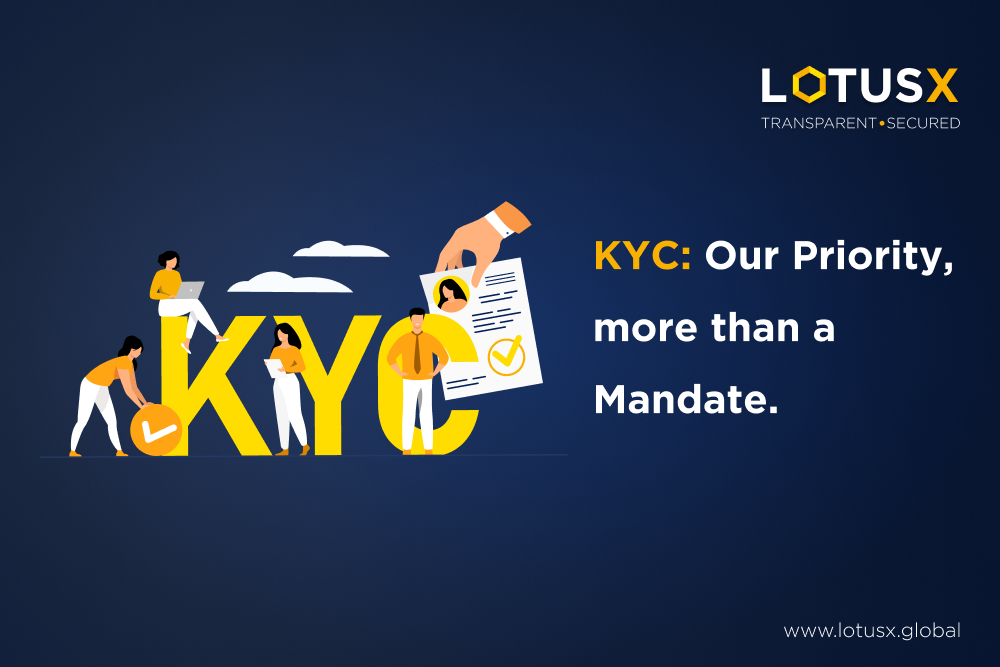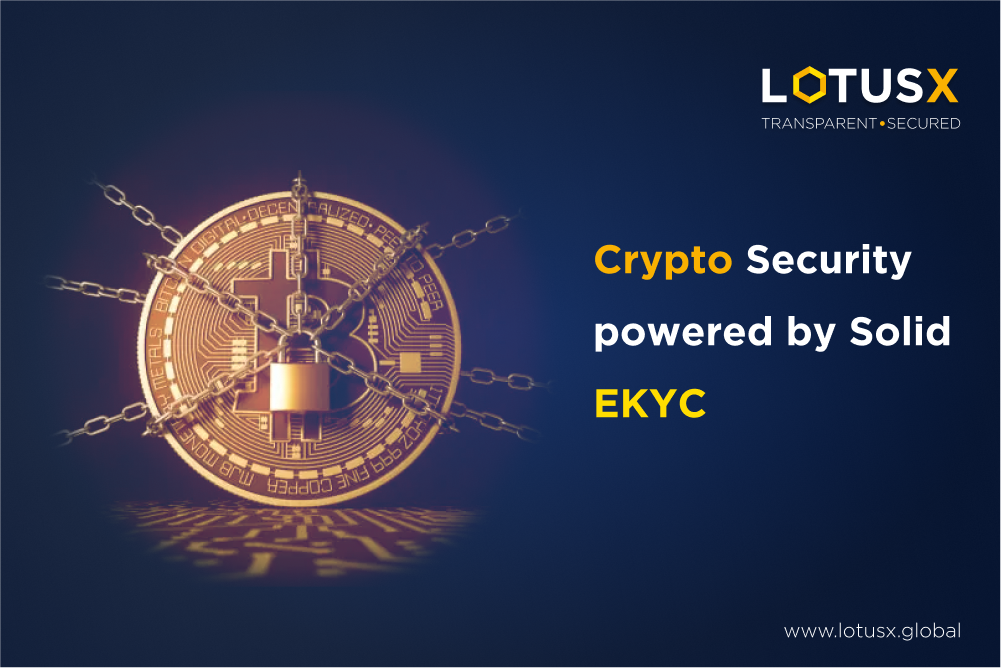Know Your Customer (KYC) is a regulatory process that requires businesses to verify the identity and assess the risk profile of their clients. In the burgeoning world of cryptocurrencies, KYC has become an indispensable tool for exchanges to maintain a secure and compliant platform.
Why is KYC Mandatory for Crypto Exchanges?
1. Preventing Financial Crimes
- Money Laundering: Cryptocurrencies, due to their pseudonymous nature, have been historically associated with illicit activities. KYC helps to trace the origin of funds, making it difficult for criminals to launder money through crypto exchanges.
- Terrorist Financing: By verifying user identities, exchanges can prevent terrorists from using their platforms to fund their activities.
2. Protecting User Assets
- Account Security: A robust KYC process reduces the risk of account takeover. Hackers find it significantly more challenging to access accounts when they require verified personal information.
- Fraud Prevention: KYC helps to identify fraudulent activities, such as identity theft and phishing scams. Exchanges can take proactive measures to protect users from falling victim to these threats.

3. Facilitating Asset Recovery
- Proof of Ownership: In case of account compromise or loss of access, KYC information can serve as crucial evidence to prove ownership of crypto assets. This can be invaluable when dealing with disputes or legal matters.
- Regulatory Compliance: Many jurisdictions require KYC for crypto transactions. By adhering to these regulations, exchanges can protect their users’ assets from potential legal repercussions.
4. Building Trust and Reputation
- Investor Confidence: A strong KYC policy demonstrates an exchange’s commitment to security and compliance. This fosters trust among users, attracting a larger and more reliable customer base.
- Industry Reputation: The crypto industry faces challenges in terms of public perception. By implementing robust KYC measures, exchanges contribute to building a positive image of the industry.
LotusX KYC Process
Typically, KYC involves the following steps:
- Identification Verification: Users are required to submit government-issued identification documents (like PAN card and Aadhar card) for verification.
- Address Verification: Proof of residence is often requested to confirm the user’s physical address.
- Risk Assessment: Exchanges evaluate the user’s risk profile based on various factors, including occupation, transaction history, and geographical location.
Balancing Security and Privacy
While KYC is essential for security, it’s crucial to handle user data responsibly. Hence, LotusX implements robust data protection measures to safeguard sensitive information. We believe that transparency about data usage and sharing practices is vital to building trust with our users.
On The Final Note
KYC is no longer an optional feature for crypto exchanges; it’s a necessity. However, by prioritizing KYC, we at LotusX have created a safer environment for their users to protect against financial crimes, and contribute to the overall growth and legitimacy of the cryptocurrency industry.




